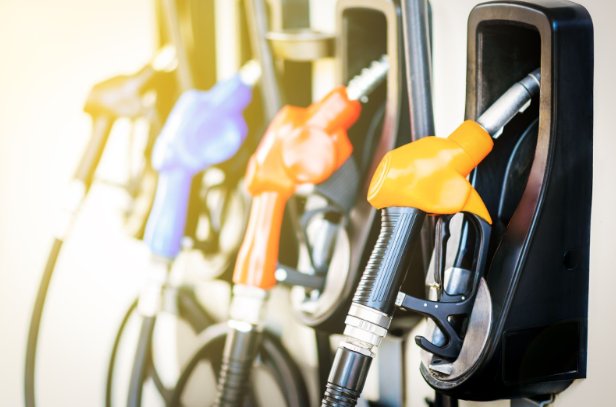In this quick guide, we’re going to explore whether the extra dollars spent on premium fuel can truly enhance your car’s performance or if it’s just an unnecessary expense. Join us as we uncover the truth behind premium and regular gas, helping you make the best decision for your vehicle and your wallet.
What’s Regular Gas?
Regular gas is the most common type of fuel for cars. It has an 87 octane rating, which is a way of saying how much pressure the gas can take before it ignites. Most cars you see driving around use this kind of gas.
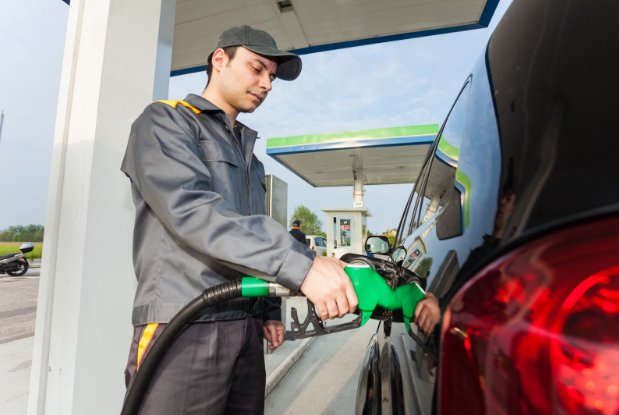
And Premium Gas?
Premium gas has a higher octane rating, usually between 91 and 94. This means it can handle more pressure before igniting. This type of gas is often recommended or needed for very fast cars or luxury cars because it helps their engines run smoothly and efficiently.

Does Premium Gas Last Longer?
Some people think premium gas lasts longer or makes their car run better than regular gas. However, the main reason to use premium gas is if your car’s engine is designed for it. It doesn’t really make your car go longer between fill-ups.
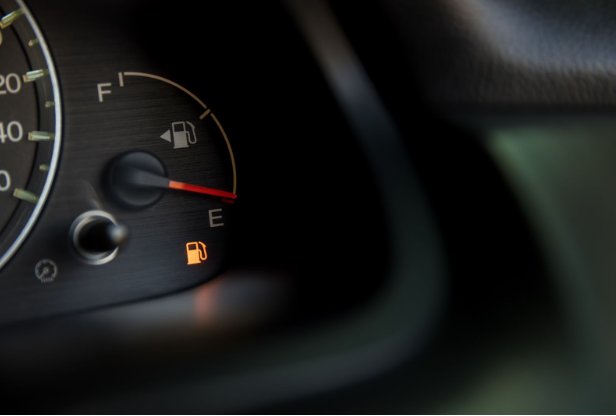
The Benefits of Using Premium Gas
Using premium gas in a car that needs it can prevent “engine knock.” Engine knock is a rattling noise that happens when gas ignites too early in the engine, which can damage the engine over time. Premium gas helps keep everything running smoothly, especially in powerful engines.
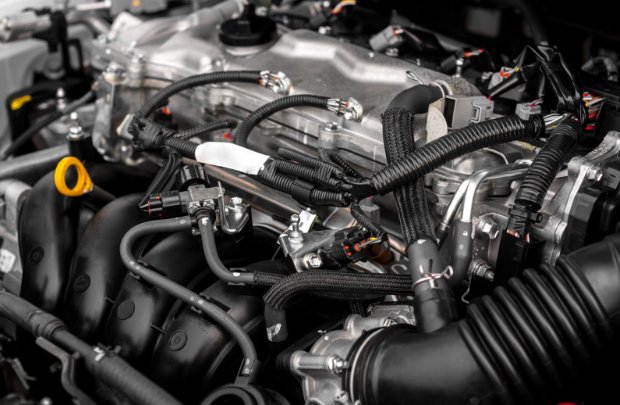
Should You Use Regular or Premium Gas?
The best way to decide is to look at what the company that made your car recommends. This information can usually be found in the car’s manual or sometimes on the inside of the fuel cap. If your car needs premium gas and you use regular, it might not run as well and could eventually damage the engine. But if your car is made for regular gas, using premium gas won’t really do anything special for it.
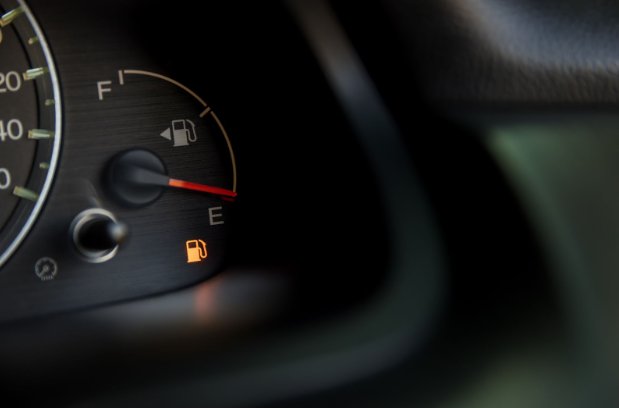
What If You Use the Wrong Gas?
If you accidentally put premium gas in a car that takes regular, don’t worry. It won’t harm your car, but it won’t really help it either. In this scenario, you’ll just end up paying more money for gas that you don’t need..
If you put regular gas in a car that needs premium, you might not notice a big problem right away, but it could lead to damage over time.

Understanding Gas Station Labels
At the gas station, you might see different names like “Premium,” “Super,” or “Ultra” for high octane gas. It’s important to know these are just different names for premium gas. Always check the octane rating to make sure it’s right for your car.
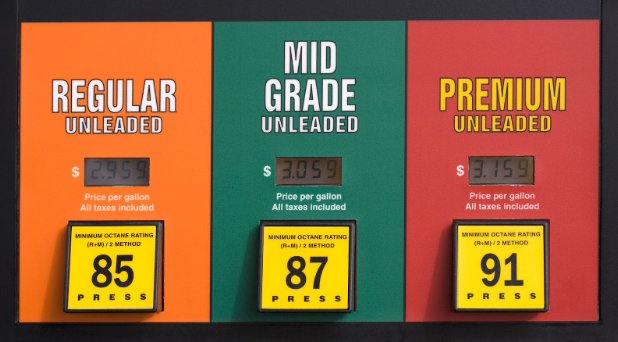
Thinking About the Cost
Premium gas is more expensive than regular gas. If your car needs it, it’s worth it to protect your engine. But if your car doesn’t need premium gas, using it is like paying extra for no reason.

Conclusion
Choosing the right gas for your car is all about knowing what your car needs to run its best. If your car’s manual says to use premium gas, it’s a good idea to follow that advice to keep your car running smoothly. If it says regular gas is fine, then you can save money by sticking with regular. Always check your car’s manual if you’re not sure what to do. This way, you’ll make sure your car stays happy and healthy for a long time.
FAQ
Can Switching Between Regular and Premium Gas Harm My Car?
Switching between regular and premium gas occasionally shouldn’t harm most modern cars. However, consistently using the correct octane level recommended by your car’s manufacturer is key to optimal performance and engine health.
Will Using Premium Gas Clean My Engine Better Than Regular Gas?
Some premium gases contain additional detergents and additives that may help keep engines cleaner. However, the primary function of premium gas is to prevent engine knock in high-performance engines, not necessarily to clean the engine.
Is It Worth Using Premium Gas for a Road Trip Even If My Car Usually Takes Regular?
Using premium gas in a car designed for regular gas won’t provide a significant performance boost or increase efficiency for a road trip. Stick to what your car’s manufacturer recommends for the best balance of performance and fuel economy.
How Do I Know If My Car Really Requires Premium Gas?
Check your vehicle’s owner’s manual or the inside of the fuel filler door for a label indicating the recommended or required octane rating. Cars that require premium gas will explicitly state this requirement.
Can Regular Gas Cause Damage to a Car That Requires Premium?
Using regular gas in a car designed for premium can lead to engine knock or pinging, which over time might damage the engine. Modern cars are equipped with knock sensors to minimize damage, but consistently using the proper fuel type is important for long-term vehicle health.
Get the right coverage for your car with tutenagency
New tutenagency customers?
Quote auto insurance online or call (334) 502-5111 to insure your vehicle.
Disclaimer: This content is for informational purposes only and should not be considered legal or financial advice. Always consult with qualified professionals in legal and financial fields before making any decisions.

